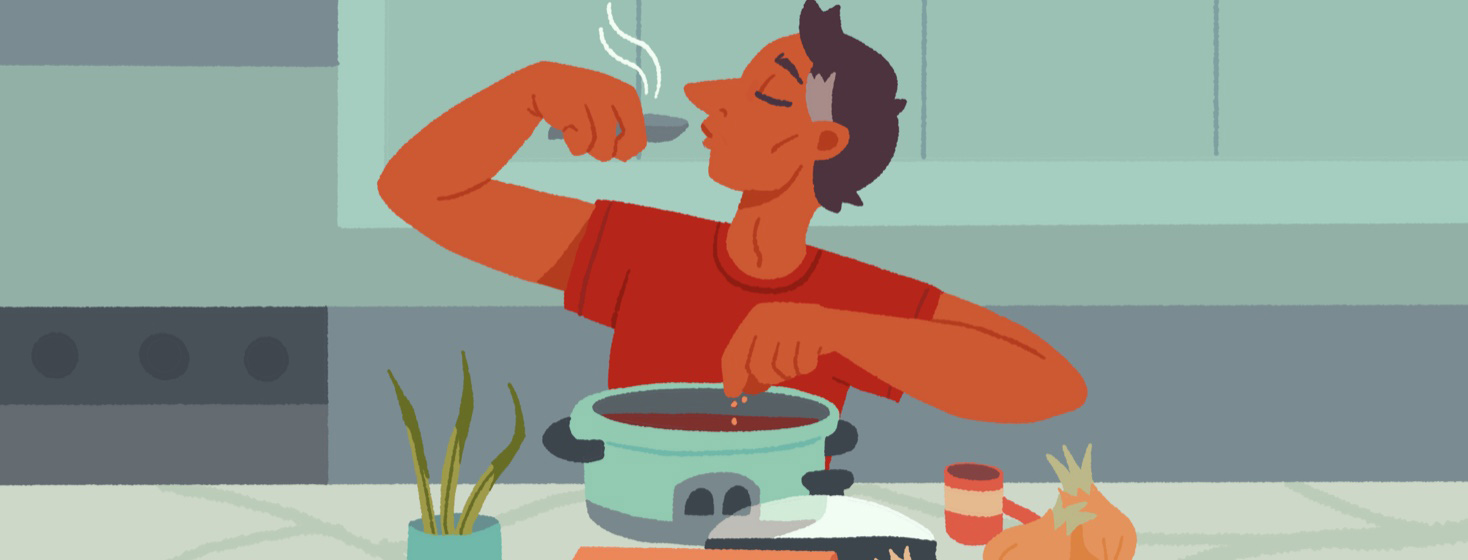How I Avoid HIV Burnout as a Long-Term Survivor
I recently found an article about HIV burnout at my doctor’s office. I only had time to read the first sentence before the nurse called out my name, and I left the magazine where I found it.
While waiting in the examination room, I pulled out my phone and did a quick search for ‘HIV BURNOUT.’
All the articles were written for and about medical professionals and caregivers. I don’t want to take anything away from the heroes who help us on this journey. They’ve played a key role in my ability to stay alive for the past 30 years.
Long-term survivor burnout
But even with a dedicated support network, being a long-term survivor can wear you down over time. The endless tests, the pills, side effects, dealing with insurance companies, and the burden of navigating life’s challenges when you cannot operate at 100 percent take their toll.
I tried expanding my search by adding the term ‘PERSON LIVING WITH HIV.' To my surprise, there was no narrowing of options, and still, none of them addressed the question I wanted to be answered: As a person living with HIV, how do I navigate burnout?
Each person must find what it is that makes their HIV journey workable. But I think I’ve pinpointed some things that have helped me survive the many difficulties over these long periods.
Acceptance about medications
I’ve accepted that my medicines keep me in for the long haul.
I always acted like I would be around for as long as possible. Even when life expectancy was only 2-3 years after diagnosis, I wanted to grab every second of that time.
Today’s treatment options are keeping people alive longer. Living with HIV can be a long-term experience. That’s why I don’t treat my pills as enemies, even when they make me sick.
They’ve helped to give me a future. And while I don’t know what that future will bring, I can look ahead and see myself doing the things I love.
I’m okay with planning
I’m not the planner in our family. That role belongs to my husband. But I do have term long-term goals. When my HIV test results came back, I didn’t have much time in front of me, but whenever I could, I’d put something on my calendar that I could look forward to.
At one point, I started writing down a list of goals for myself for the upcoming year. Things that I wanted to do that would enrich my life.
Now I’m thinking in decades. And it’s not just vacations or career goals that I’m working towards. I plan for future HIV treatments and what I must do to survive my golden years.
Making the good times count
I know there are good times ahead, but I also acknowledge that they don’t last, so I try my best to put them to practical use when they happen. Whether climbing a volcano, visiting a winery, or just sitting in my garden, I make it happen if I have the energy.
No one wants to talk about tough topics when feeling good, but I use those moments to create strategies for how I will deal with upcoming life events like long-term care, end-of-life wishes, and the physical challenges of aging with HIV. I plan for those things while I have the strength to make the decisions.
I connect to disconnect
I used to think that connecting was about maintaining relationships. Now I know I can get that from learning something new, playing with my dogs, or cooking a meal for Scott and me. These are ways that I connect with the things that bring me happiness.
And because I lose myself in these activities, I forget about my status for a while. Self-care isn’t just mud masks and salt baths. It’s also allowing yourself to immerse in the world around you and, in doing so, losing track of yourself.
Giving my life meaning
Sometimes I think about my purpose when I’m lost in these activities, 'Why am I here when so many others aren't?'
It’s a question I don’t always have the answer to. But I allow myself to search for it and believe that the search gives my life meaning.
I’ve done what I needed to so I can be here. I made sure I had plans for the time I was given. I let the good times count and connect with the things I love. I try to provide myself with purpose and my life meaning.
Each person is on their path. You must decide for yourself what will keep you thriving and surviving HIV as the years pass.

Join the conversation